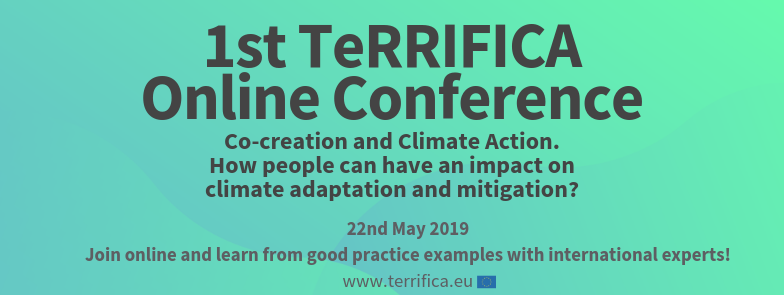
 Le deuxième Reflective Workshop TeRRIFICA aura lieu les 10 et 11 juillet à Belgrade. Il se tiendra dans le cadre de l’évènement « Science Meets Parliaments » au sein de l’Assemblée Nationale de la République de Serbie. L’équipe TeRRIFICA se réunira après le workshop pour une réunion de Consortium interne.
Le deuxième Reflective Workshop TeRRIFICA aura lieu les 10 et 11 juillet à Belgrade. Il se tiendra dans le cadre de l’évènement « Science Meets Parliaments » au sein de l’Assemblée Nationale de la République de Serbie. L’équipe TeRRIFICA se réunira après le workshop pour une réunion de Consortium interne.
Ce second workshop portera sur les Indicateurs-Clés de Performance en lien avec les actions contre le changement climatique. Les six régions pilotes TeRRIFICA en Allemagne, Biélorussie, Espagne, France, Pologne et Serbie seront présentes autour de thématiques communes: air, agriculture, eau et température.
Ce workshop est organisé par le Center for the Promotion of Science dans le cadre du projet H2020, TeRRIFICA, dans lequel huit organisations européennes travaillent ensemble pour favoriser les actions d’atténuation et d’adaptation au changement climatique dans différentes régions européennes, avec un prisme par la Recherche et l’Innovation Responsable.
2nd July 2019
After a successful 1st TeRRIFICA Reflective Workshop, TeRRIFICA will hold the 2nd TeRRIFICA Reflective Workshop at theNational Assembly of the Republic of Serbia on July 10th and 11th.


